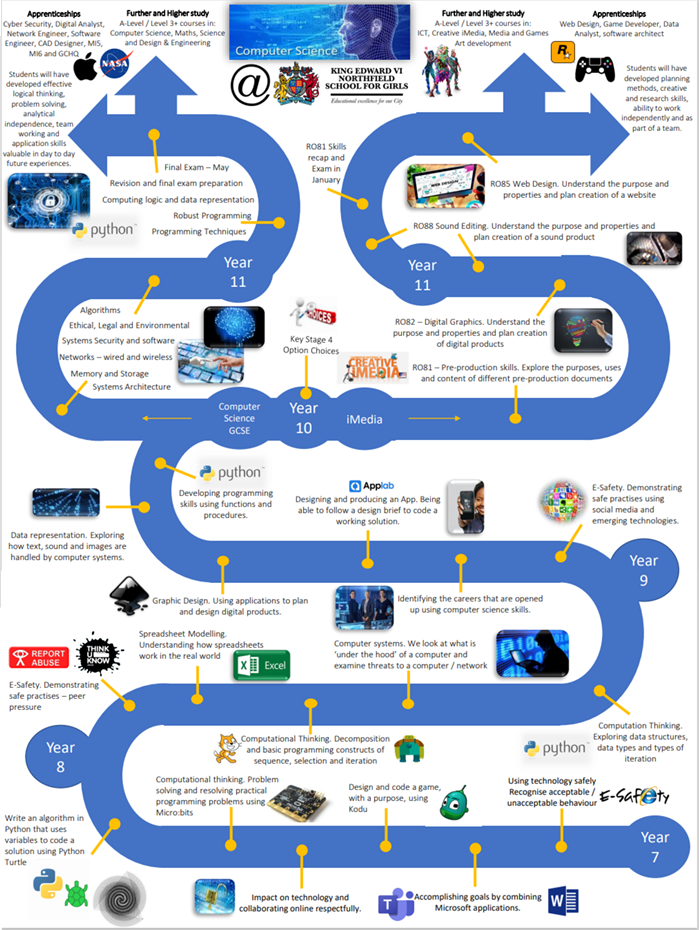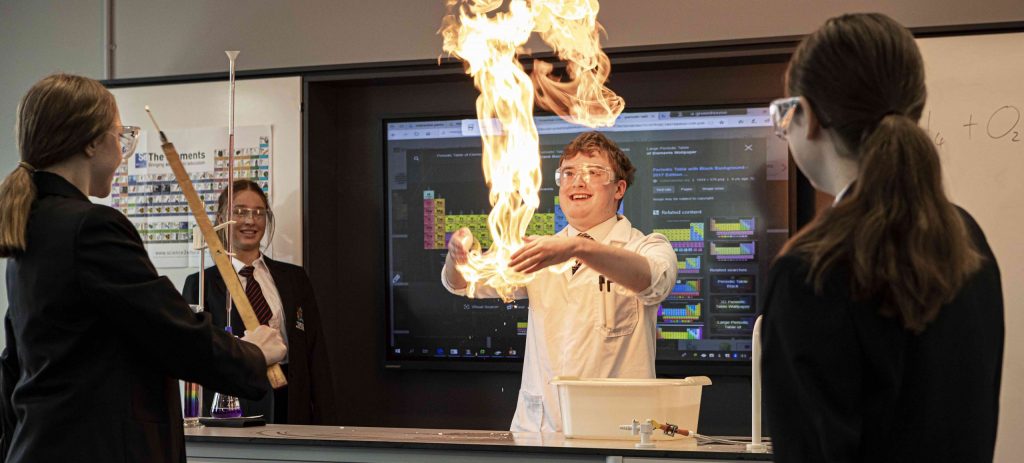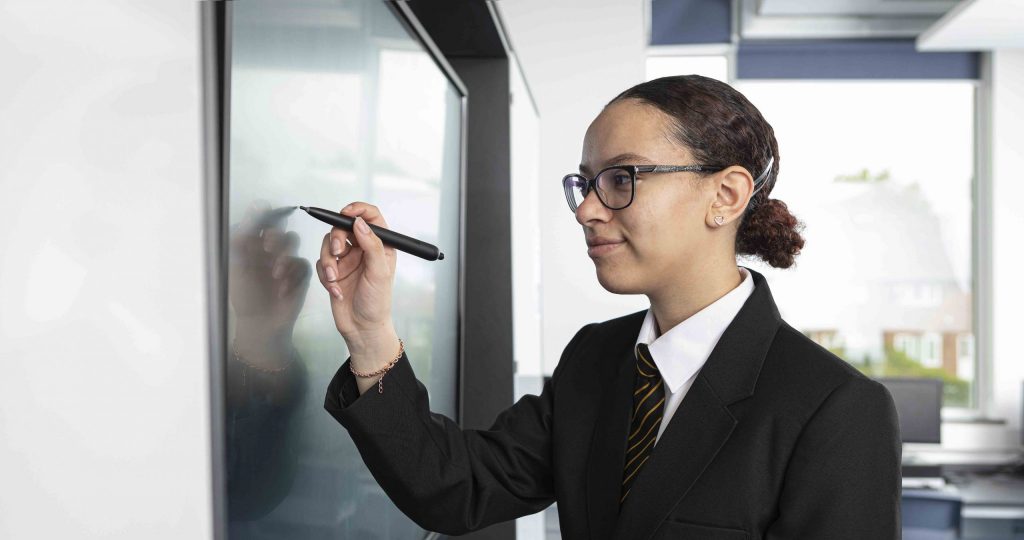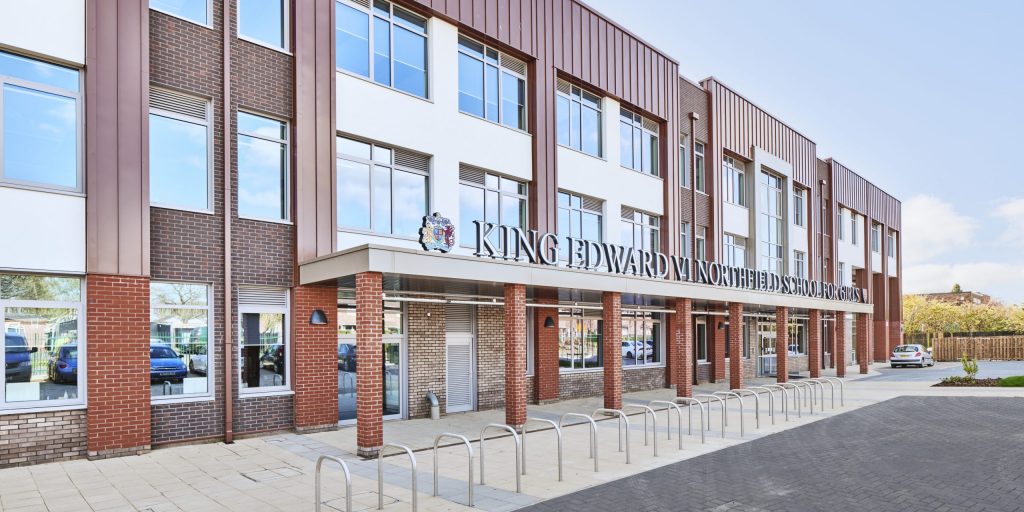Computer Science is an important part of the Arts and Technology Faculty since computational thinking influences fields such as biology, chemistry, linguistics, psychology, economics and statistics.
It has deep links with our mathematics, science, and design and technology curriculum, and provides insights into both natural and artificial systems. It allows us to solve problems, design systems and understand the power and limits of human and machine.
It is a skill that empowers, and that all pupils should be aware of and have some competence in. Pupils who can think computationally are better able to conceptualise and understand computer-based technology, and so are better equipped to function in modern society.
Computer Science is therefore studied by all pupils in KS3 and is developed as a full GCSE option at KS4.
Computer Science is deeply concerned with how computers and computer systems work, and how they are designed and programmed. Pupils studying computing gain insight into computational systems of all kinds, whether or not they include computers.
Computing & ICT at KS3
At KS3 pupils are taught the principles of information and computation, how digital systems work, and how to put this knowledge to use through programming. Building on this knowledge and understanding, pupils are equipped to use information technology to create programs, systems and a range of content.
The study of Computer Science at KS3 also contributes to our fulfilment of the National Curriculum requirements for Design and Technology ensuring that all pupils develop their design, make, evaluative skills and technical knowledge throughout their technology experience.
Our KS3 Computer Science curriculum fully meets the requirements of the National Curriculum and is structured as below.
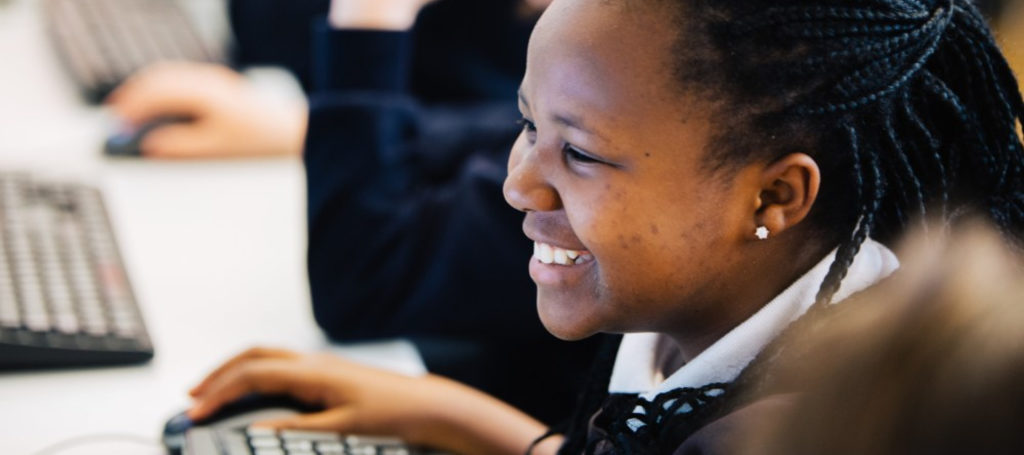
Computing & ICT at KS4
In KS4 students can currently opt to study GCSE Computing (OCR).
GCSE Computing (OCR)
In GCSE Computing you will continue your coding journey using programming languages. You will also understand how computers work, computer hardware & software, networking and computer programming languages.
This course is assessed through two exams (50% each) and a programming project working with scenarios set by the exam board.
OCR Nationals in Creative IMedia (Current Year 11 only)
Unit R081 Pre-Production Skills: 1 hour 15-minute written paper
Unit R082 Creating Digital Graphics: 10 hour Controlled Assessment
Unit R085 Creating a Multipage Website: 10 hour Controlled Assessment
Unit R088 Creating a Digital Sound: Sequence 10 hour Controlled Assessment
You can achieve a grade: Distinction* – Pass
This course will provide you with opportunities to link education and the world of work in engaging and practical ways. It will also enable you to gain the practical skills, knowledge and understanding to design, make and review:
– Digital Graphics
– Digital Sound
– Multipage Websites
Career Opportunities
Studying Computing or ICT could lead to a career within the ICT industry such as computer animation, computer graphics, computer design, apps designer, multimedia design and production, website development, computer gaming, programming, 3D modelling, computer analyst, ICT consultant, help desk operator, technician, network manager, teaching plus many more!
